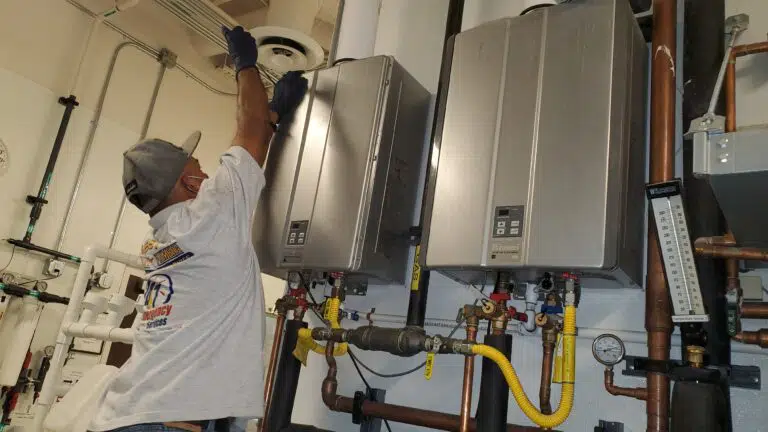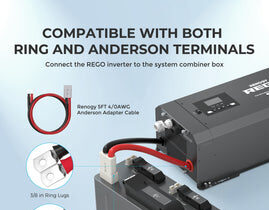Introduction
Welcome to our comprehensive guide on tankless water heater cost. In this article, we will delve into the various aspects related to tankless water heaters, their benefits, installation costs, and factors to consider when making a purchase. Whether you’re a homeowner or a business owner, understanding the cost implications of tankless water heaters is crucial in making an informed decision. So let’s dive in!
Understanding Tankless Water Heaters
Tankless water heaters, also known as on-demand water heaters, are an energy-efficient alternative to traditional water heaters with storage tanks. Unlike conventional heaters that constantly heat and store water, tankless water heaters heat water directly as it passes through the unit. This means that hot water is available on-demand, eliminating the need for a bulky storage tank and reducing energy wastage.
The Benefits of Tankless Water Heaters
- Energy Efficiency: Tankless water heaters are known for their energy efficiency, as they only heat water when it’s needed. This can lead to significant savings on your energy bills over time.
- Endless Hot Water: With a tankless water heater, you’ll never run out of hot water. Whether you’re taking a long shower or running multiple appliances simultaneously, a tankless system ensures a continuous supply of hot water.
- Space-Saving Design: Unlike traditional water heaters that require substantial storage space, tankless models are compact and can be mounted on walls, freeing up valuable floor space in your home or business.
- Longer Lifespan: Tankless water heaters have a longer lifespan compared to conventional units. With proper maintenance, a well-installed tankless system can last up to 20 years or more.
Factors Affecting Tankless Water Heater Cost
When considering the cost of a tankless water heater, several factors come into play. Let’s explore them in detail:
1. Unit Size and Capacity
The size and capacity of a tankless water heater significantly influence its cost. Larger units capable of delivering hot water to multiple outlets simultaneously tend to be more expensive. It’s essential to assess your household or business needs and choose a unit that meets your hot water demand efficiently.
2. Installation Complexity
The complexity of the installation process can impact the overall cost. If your property requires extensive modifications to accommodate a tankless system, such as upgrading electrical or gas connections, the installation cost may be higher.
3. Brand and Quality
The brand and quality of the tankless water heater also contribute to its cost. Well-established brands with a reputation for reliability often come at a premium price. However, investing in a high-quality unit can provide long-term benefits, such as durability and better performance.
4. Additional Features
Certain tankless water heaters come with extra features like digital controls, Wi-Fi connectivity, and advanced safety mechanisms. While these features enhance convenience and safety, they may add to the overall cost of the unit.
5. Maintenance and Warranty
Considering the long lifespan of tankless water heaters, it’s important to factor in maintenance costs and warranty coverage. Regular maintenance ensures optimal performance and extends the lifespan of the unit. Additionally, a comprehensive warranty can offer protection against unforeseen repairs or part replacements.
Average Cost of Tankless Water Heaters
The cost of tankless water heaters varies depending on the factors mentioned above. On average, a residential tankless water heater can range from £600 to £2,000 or more, including installation costs. Commercial-grade units tend to be pricier due to their higher capacity and increased complexity of installation.
Conclusion
Investing in a tankless water heater can bring numerous benefits, including energy savings, endless hot water supply, and space efficiency. While the upfront cost may be higher compared to traditional water heaters, the long-term savings and enhanced performance make tankless systems a worthwhile investment.







